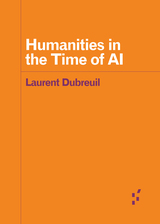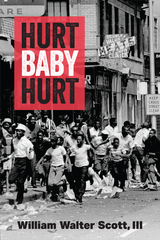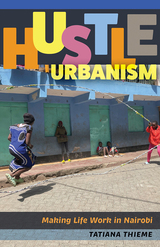2 books about Legal aid

Everyday Justice
A Legal Aid Story
Ashley Wiltshire
Vanderbilt University Press, 2022
The Legal Aid Society’s mission is to advance, defend, and enforce the legal rights of low-income and otherwise vulnerable people in order to secure for them the basic necessities of life. Everyday Justice is an on-the-ground history of the Legal Aid Society of Middle Tennessee and the Cumberlands, the story of how national debates about access to justice have impacted the work of its lawyers, and a warning about why the federally imposed limits on that work must be lifted in order to fulfill the pledge of justice for all.
Those surviving on low incomes often see the legal system as an oppressive force stacked against them. Everyday Justice is about lawyers trying to make the law work for these people. This book traces the development and evolution of legal aid in Middle Tennessee from the late 1960s to the turn of the millennium, as told by Ashley Wiltshire, who worked for the Legal Aid Society of Middle Tennessee and the Cumberlands in all its incarnations for four decades, beginning a year after its inception.
Set in the context of the legal aid movement in the United States—beginning as a part of the social awakening in the post–Civil War era, continuing with volunteer efforts in the first part of the twentieth century, and coming to fruition beginning with the OEO Office of Legal Services grants of the 1960s as part of the War on Poverty—Everyday Justice is a story of Nashville, which levied an extended period of opposition because of prevailing cultural and religious views on race and poverty.
Those surviving on low incomes often see the legal system as an oppressive force stacked against them. Everyday Justice is about lawyers trying to make the law work for these people. This book traces the development and evolution of legal aid in Middle Tennessee from the late 1960s to the turn of the millennium, as told by Ashley Wiltshire, who worked for the Legal Aid Society of Middle Tennessee and the Cumberlands in all its incarnations for four decades, beginning a year after its inception.
Set in the context of the legal aid movement in the United States—beginning as a part of the social awakening in the post–Civil War era, continuing with volunteer efforts in the first part of the twentieth century, and coming to fruition beginning with the OEO Office of Legal Services grants of the 1960s as part of the War on Poverty—Everyday Justice is a story of Nashville, which levied an extended period of opposition because of prevailing cultural and religious views on race and poverty.
[more]

Poor People's Lawyers in Transition
Katz, Jack
Rutgers University Press, 1982
Jack Katz has written the first case study of legal assistance lawyers—commonly known as poverty lawyers—and their agencies. Focusing on legal services for the poor over the last 100 years in Chicago, the city with the most experienced large staff of poverty reform lawyers in the nation, Katz examines what organizational and personal experiences make these lawyers either passive or entrepreneurial in their drive for equal justice for the poor. This historical and participant-observation study traces the social foundations of the aspiration for equal justice. In the 1880s, when lawyers were first hired by organizations specifically to assist the poor, the legal status of poverty was virtually non-existent. Today the legal status of the poor is defined affirmatively in scores of statues, in masses of highly differentiated administrative regulations, and in a rich case law of judicial decisions made in the last 20 years. During the rise and fall of the Progressive era, throughout the Depression and the New Deal, in the midst of the explosive public activism of the Sixties, and even after the internment of the War on Poverty, legal assistance lawyers have worked progressively toward the legalization of poverty. Recently, a disturbing irony has appeared in this progress. Legal assistance lawyers, especially the most aggressive and professionally creative, have proven less successful in eliminating poverty than in reorganizing the poor into a formal social category. This category is systematically, comprehensively, and predictably defined by law, and administratively maintained by the state in segregation from the working and middle classes.
[more]
READERS
Browse our collection.
PUBLISHERS
See BiblioVault's publisher services.
STUDENT SERVICES
Files for college accessibility offices.
UChicago Accessibility Resources
home | accessibility | search | about | contact us
BiblioVault ® 2001 - 2025
The University of Chicago Press









